
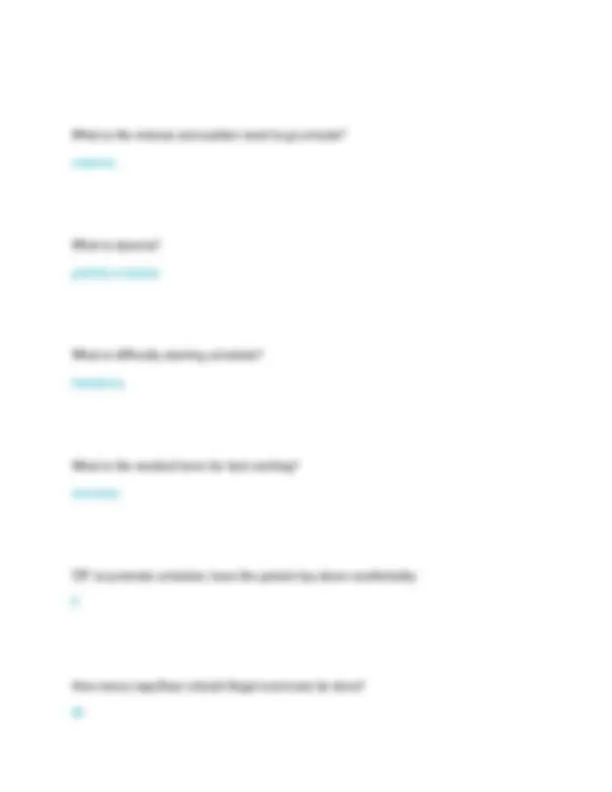
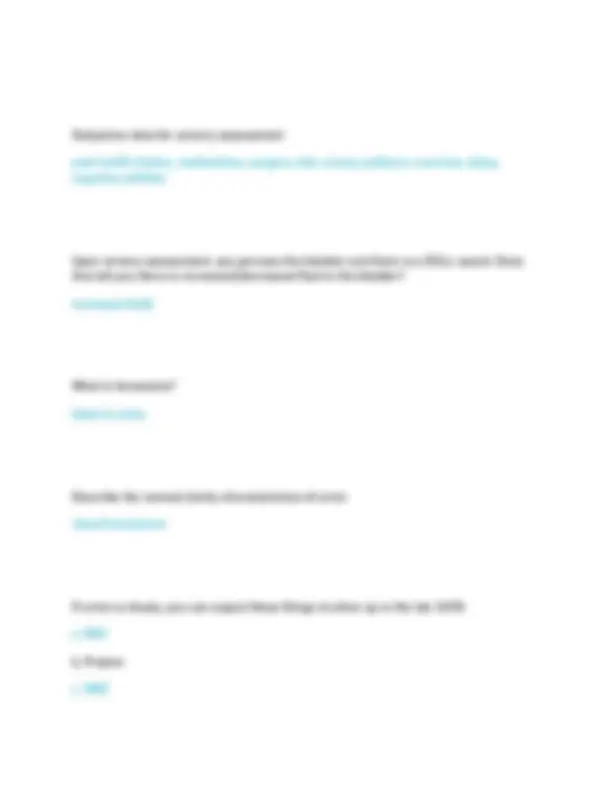
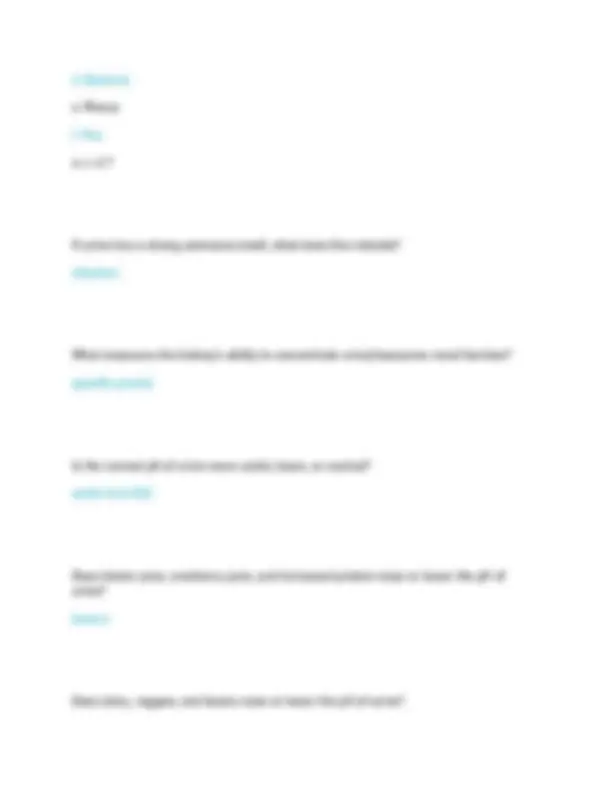
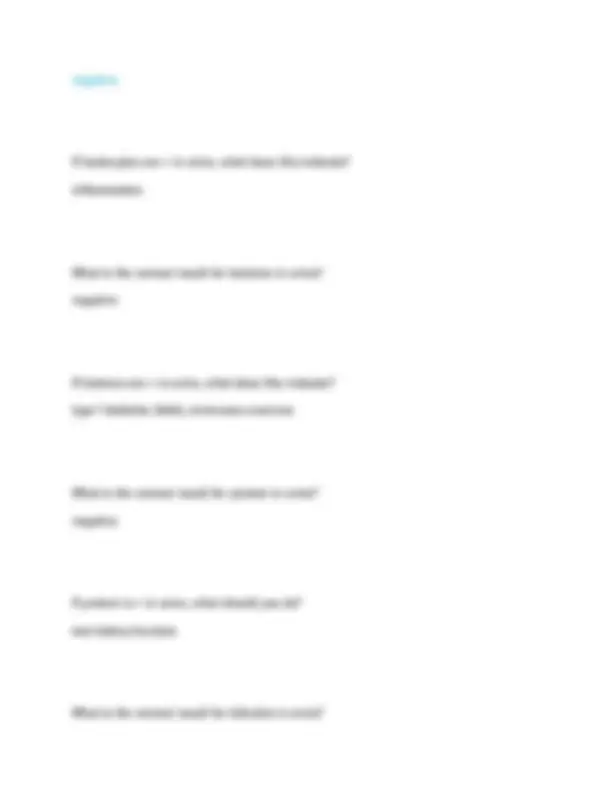
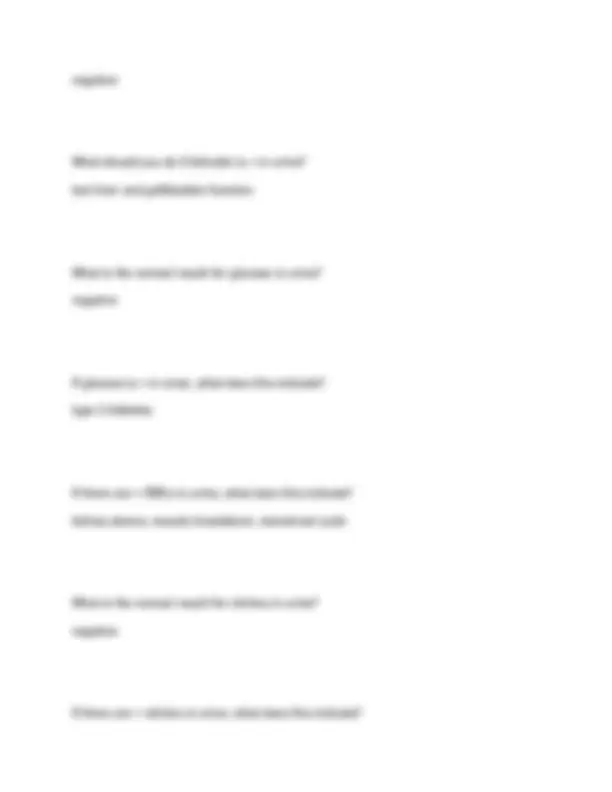
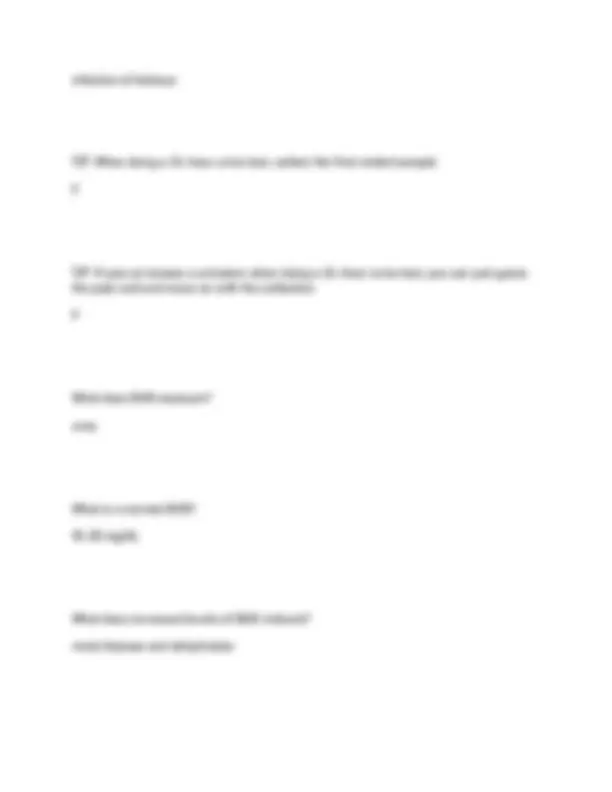
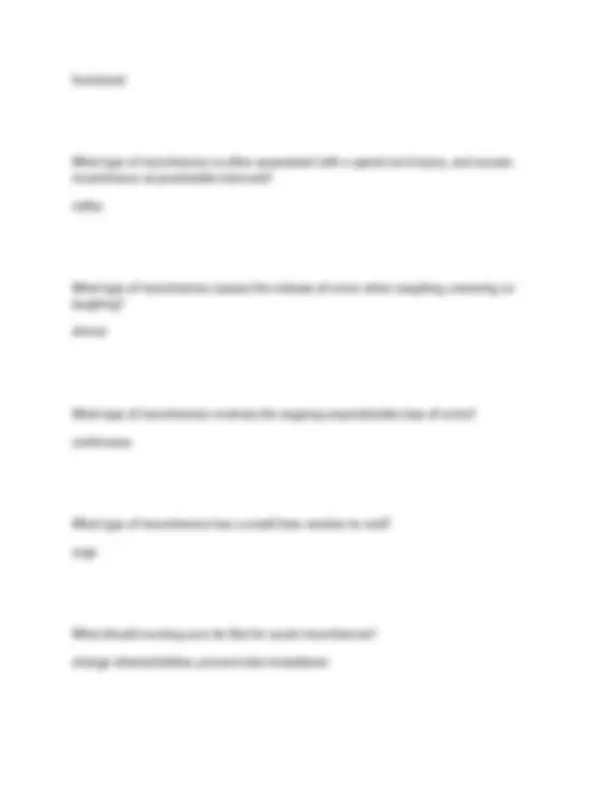
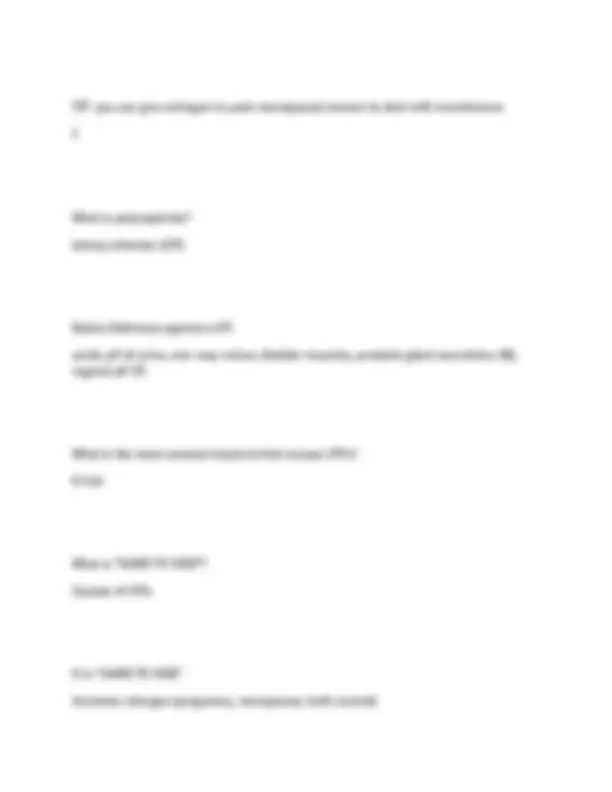
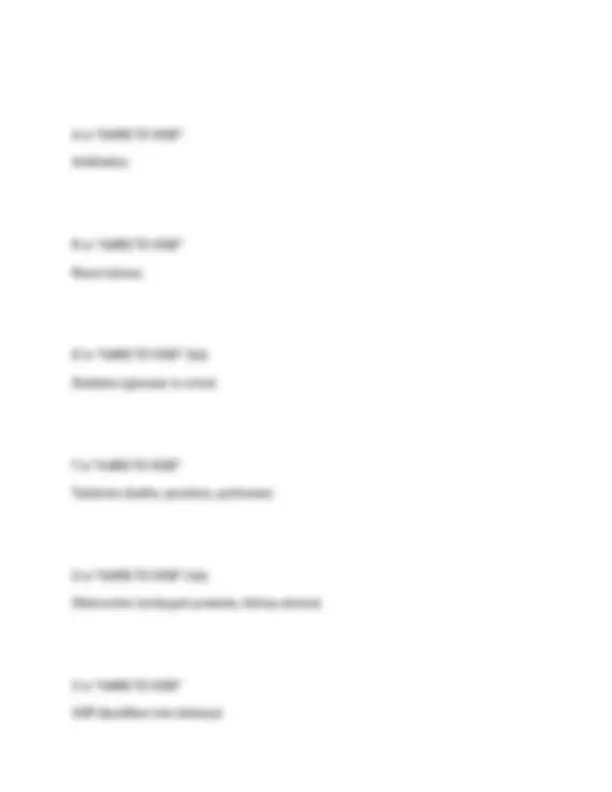
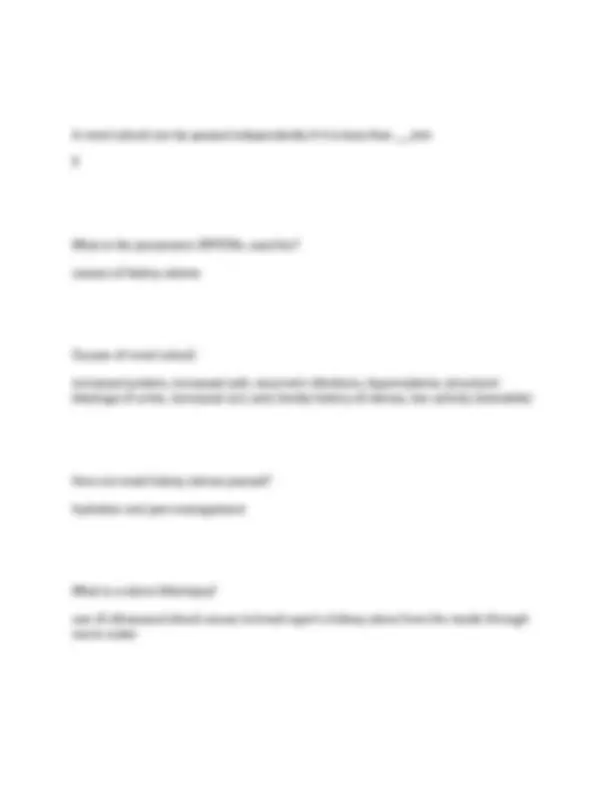
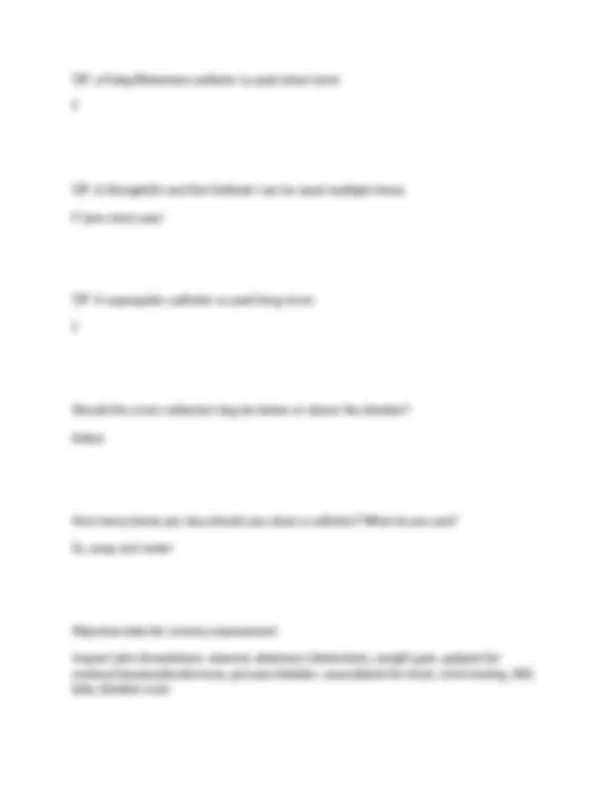
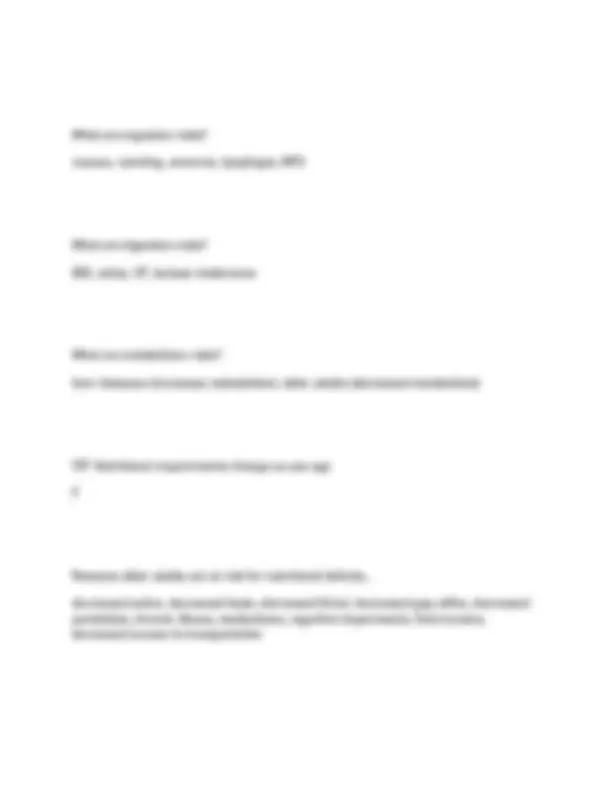
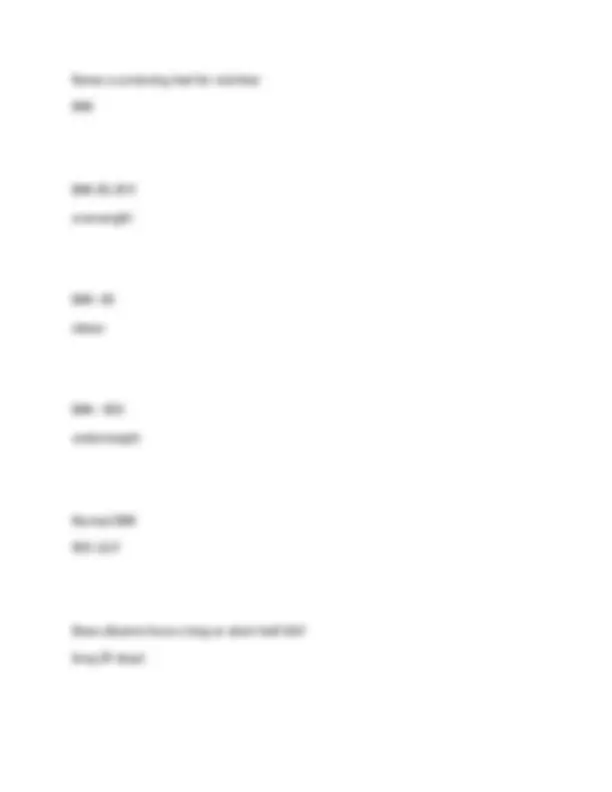
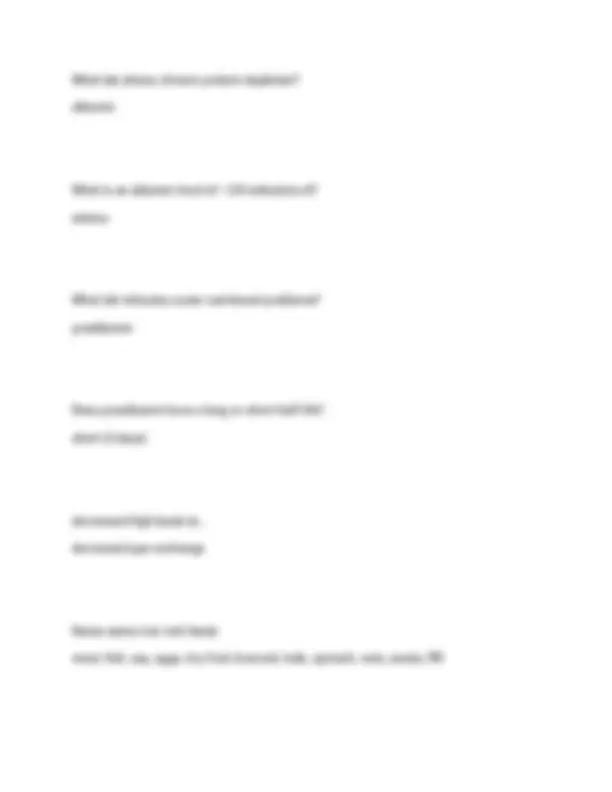
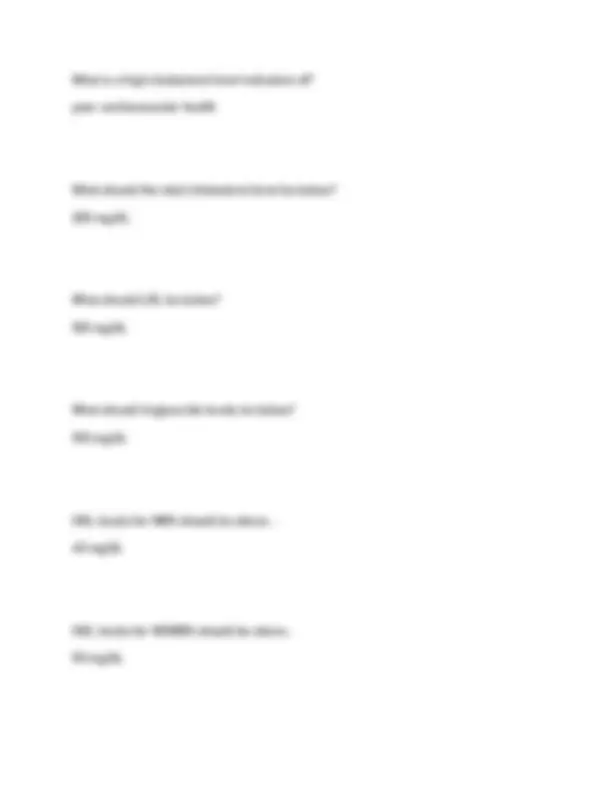
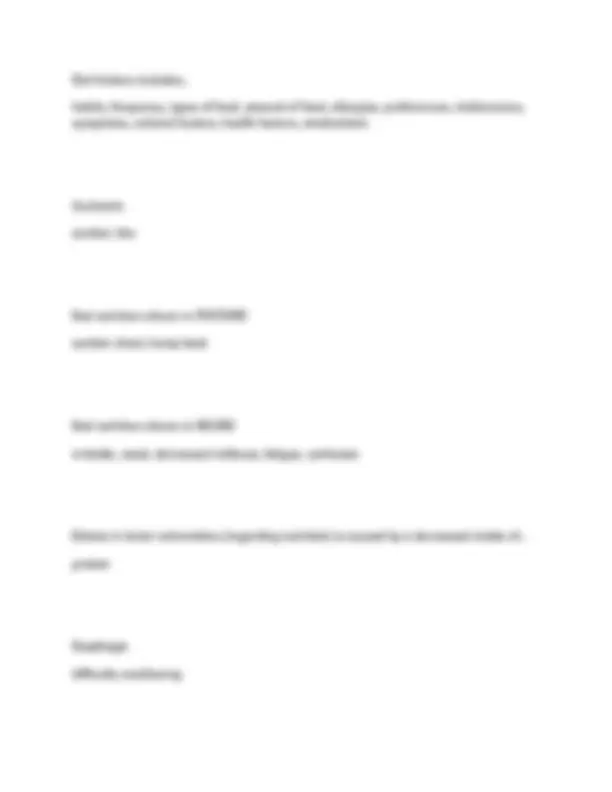
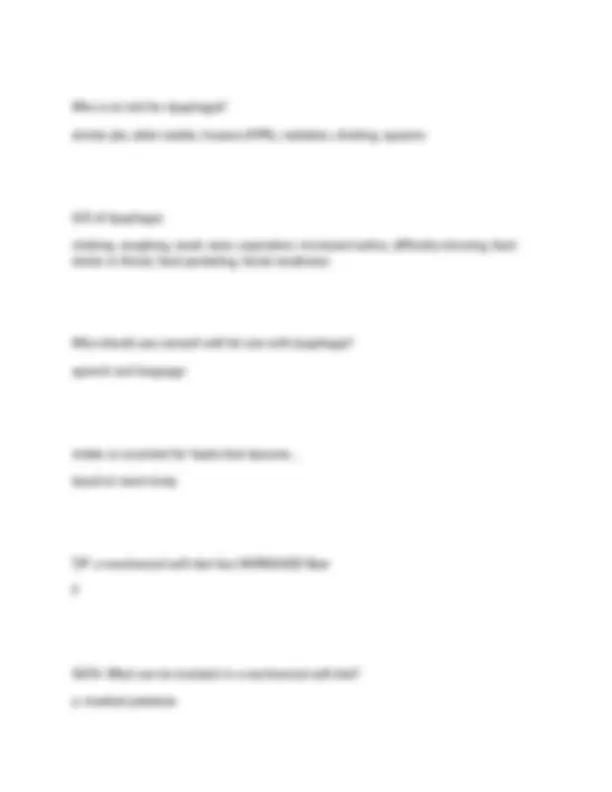
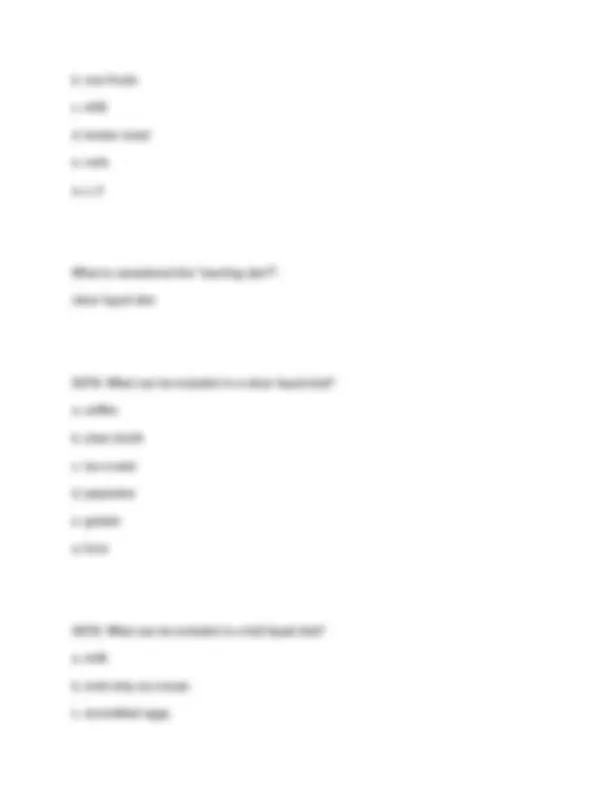
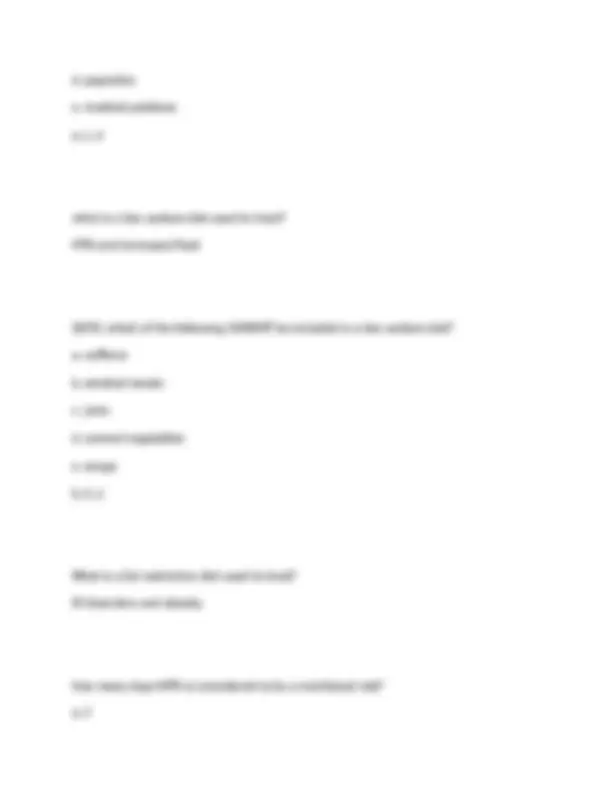
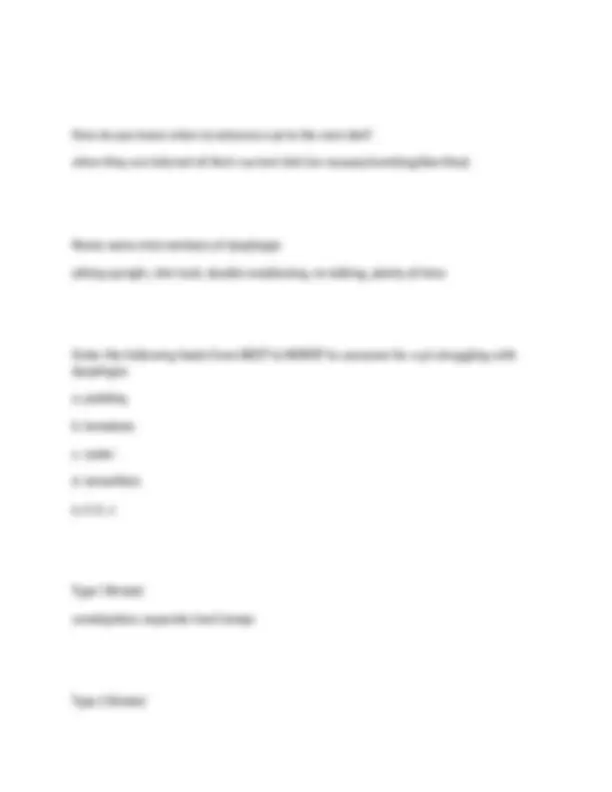
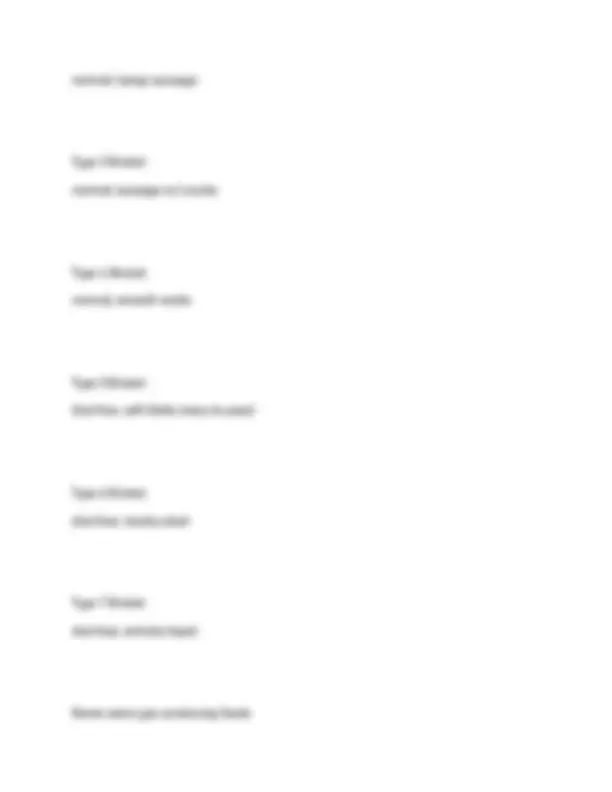
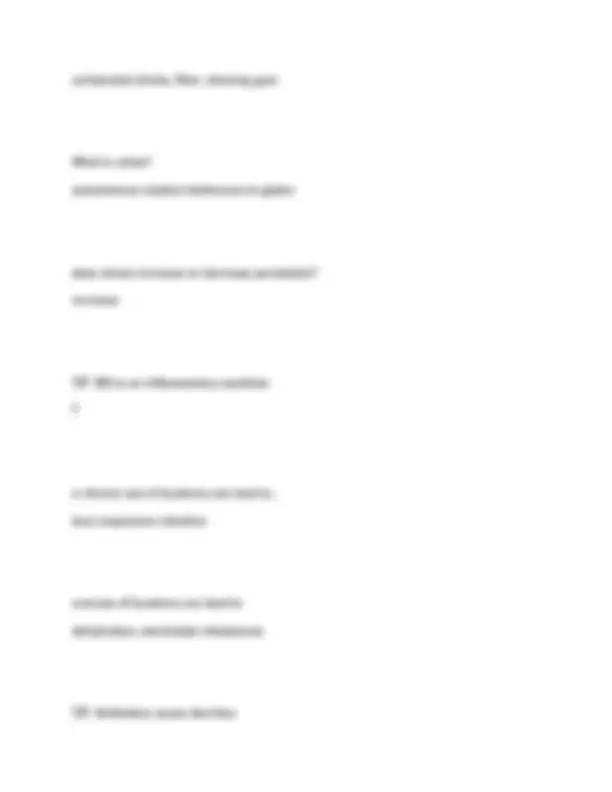
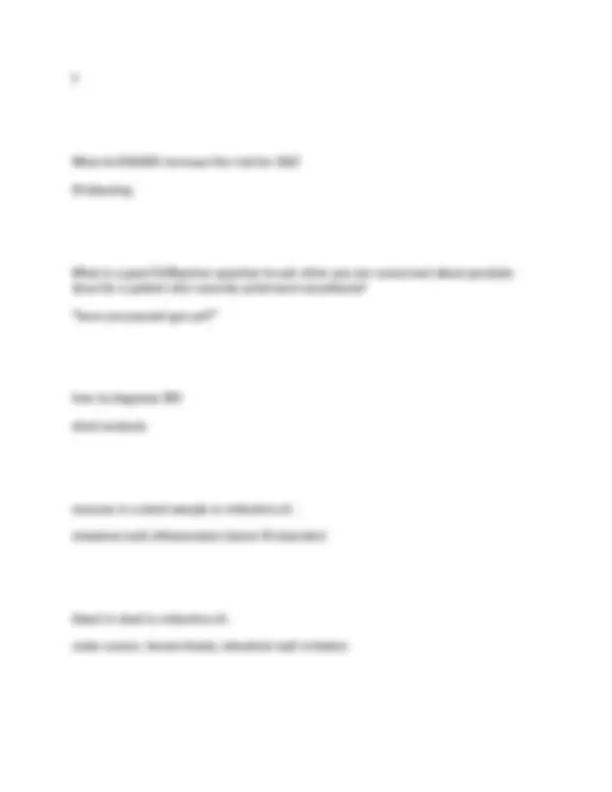
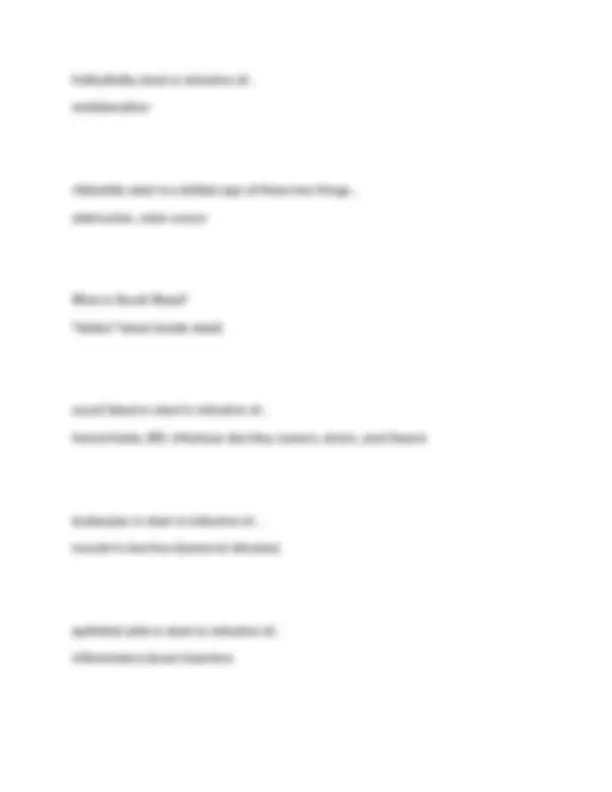
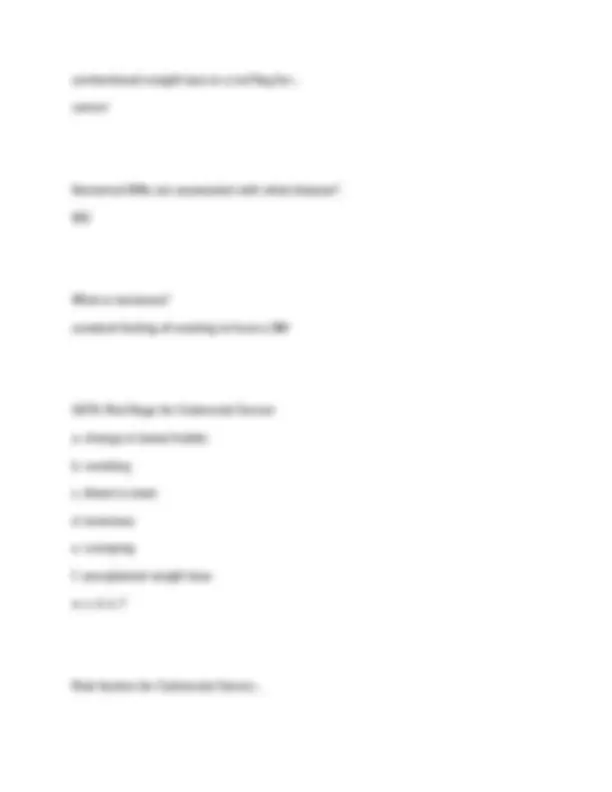
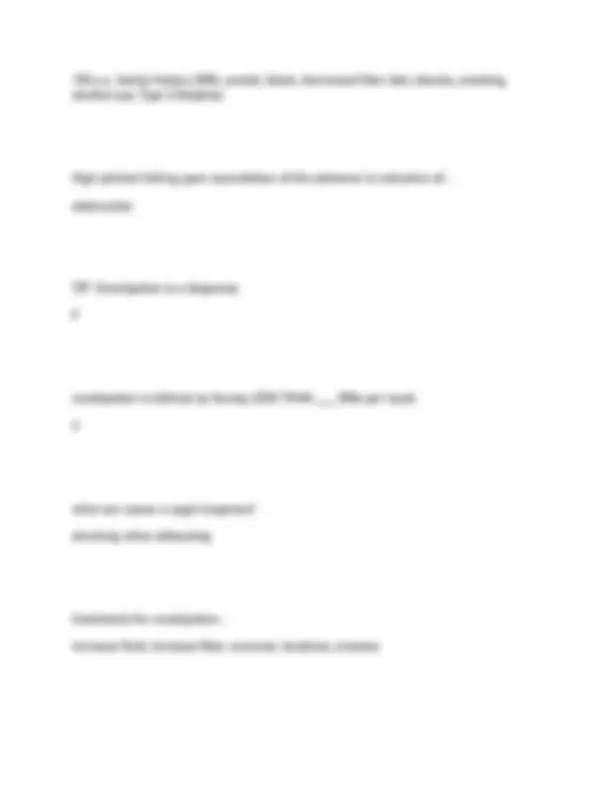
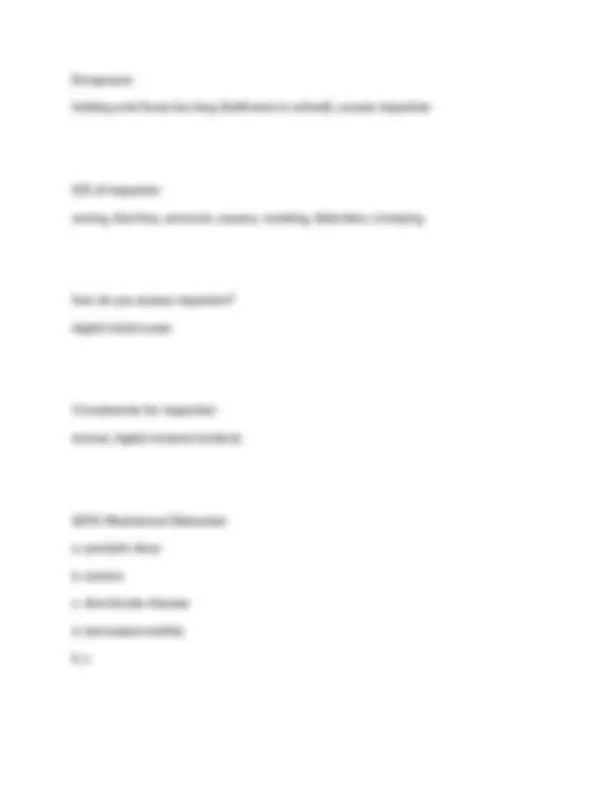
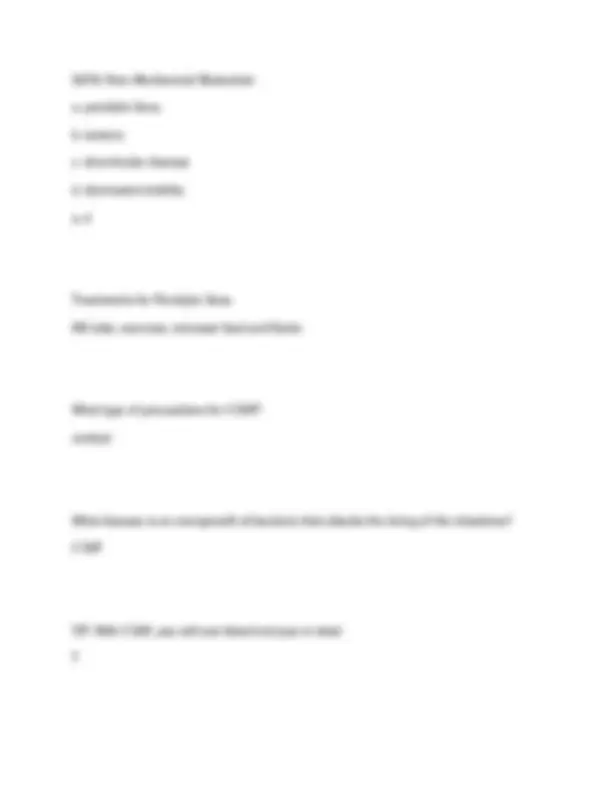
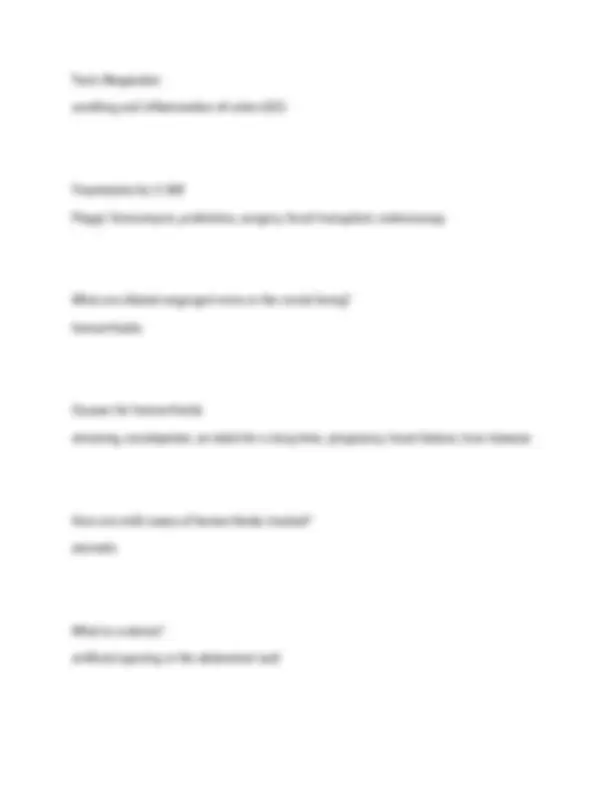
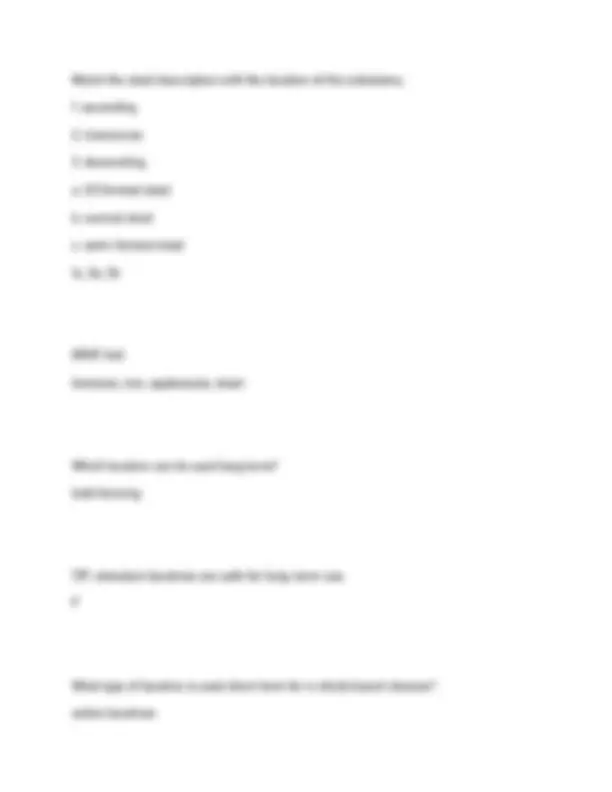
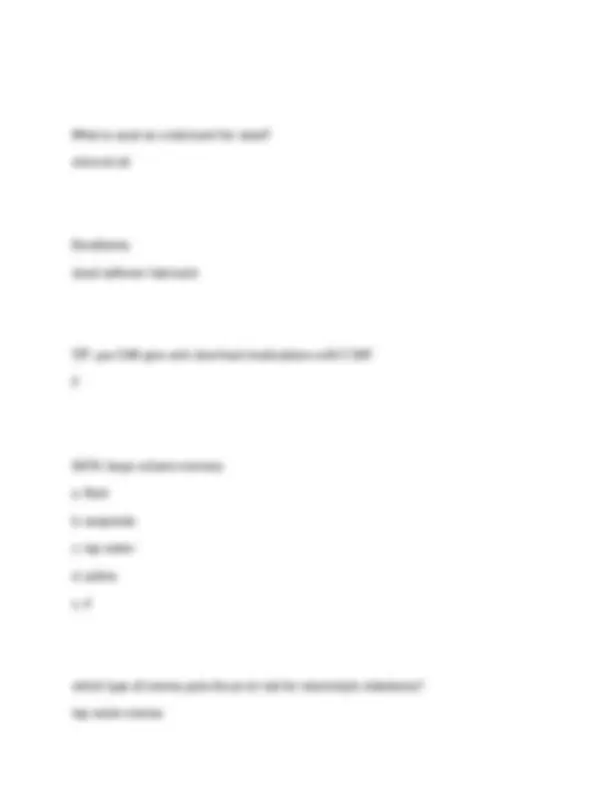
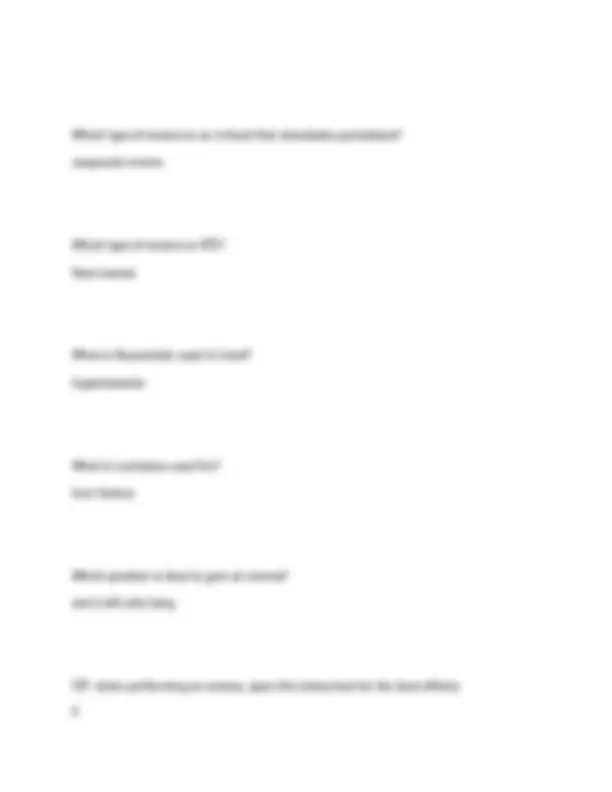
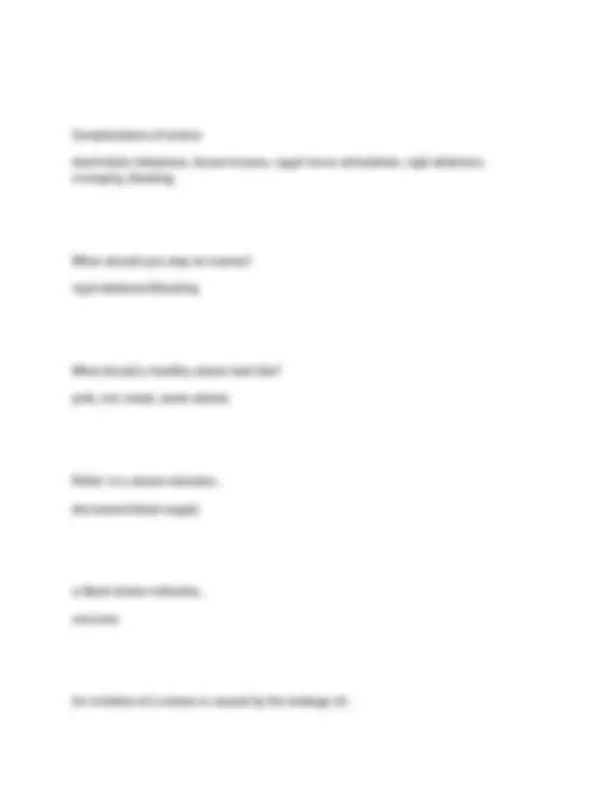
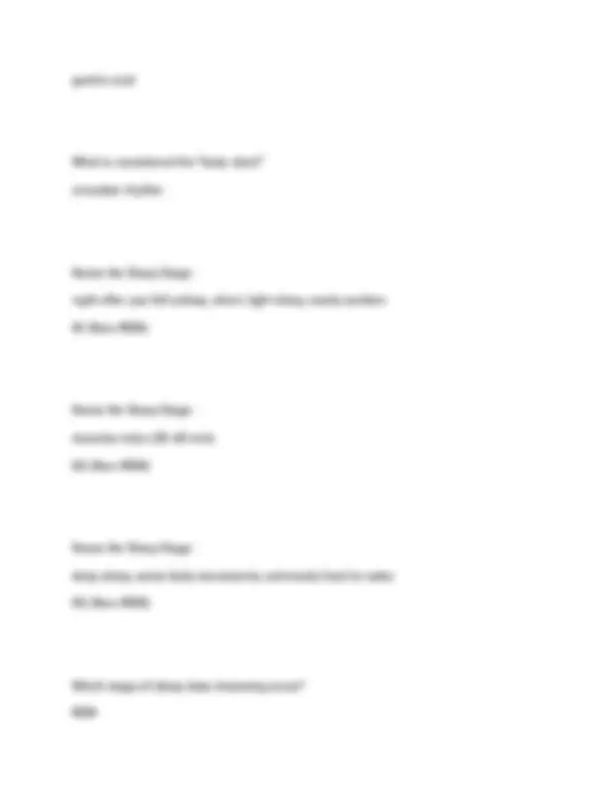
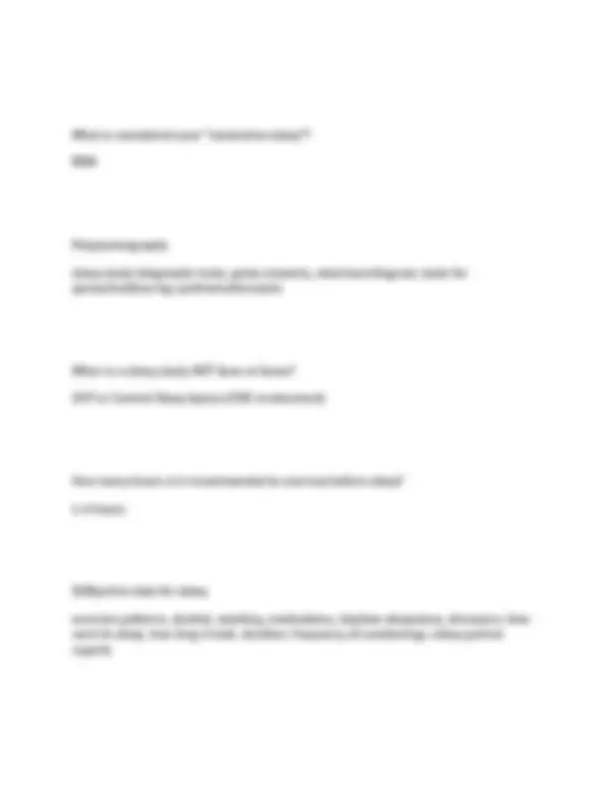
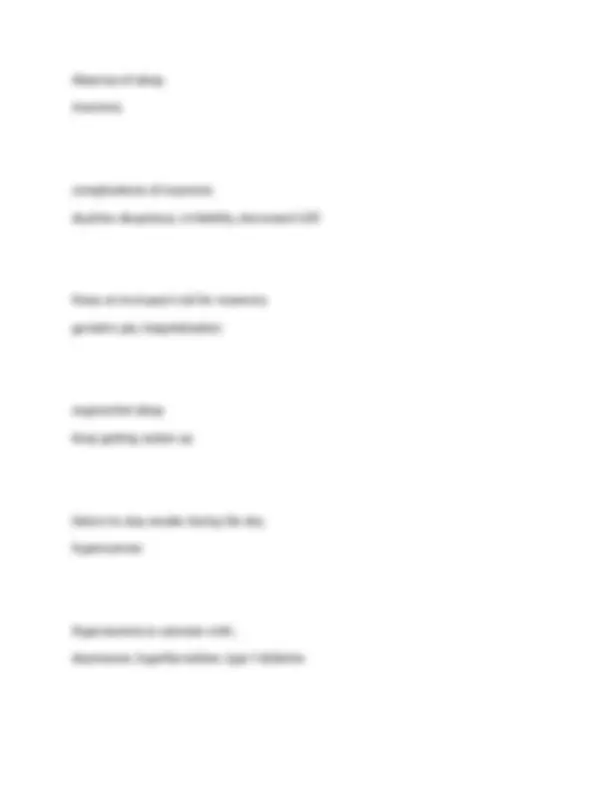
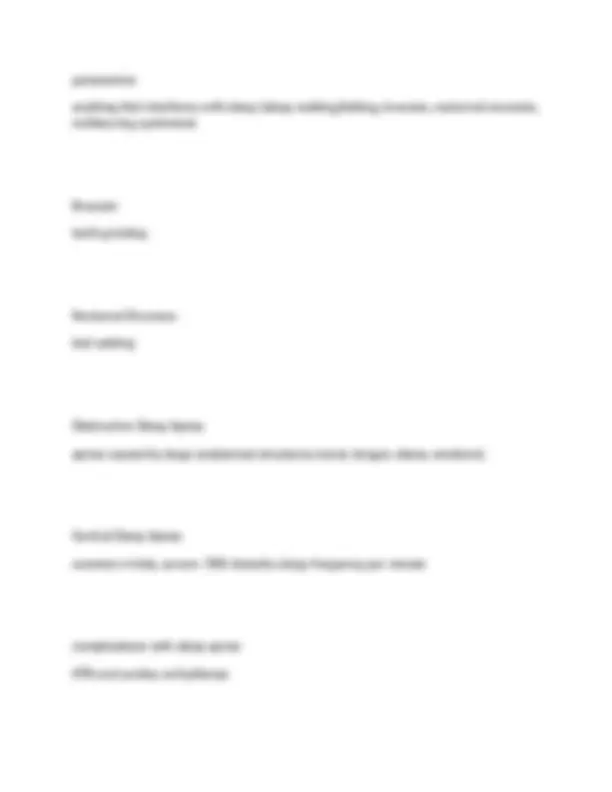
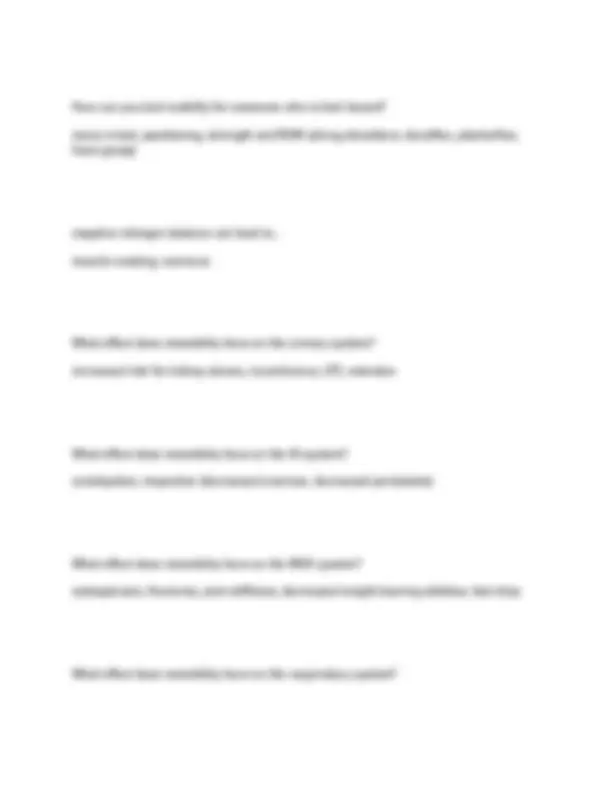
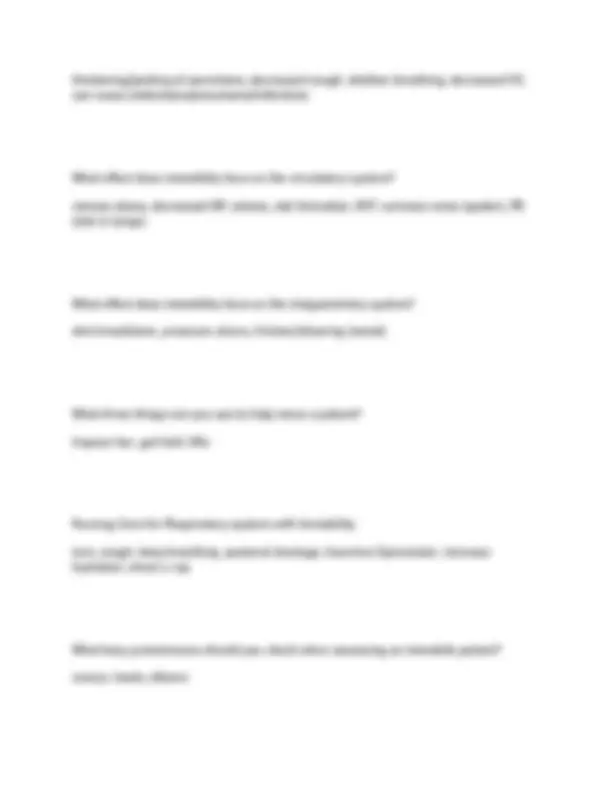
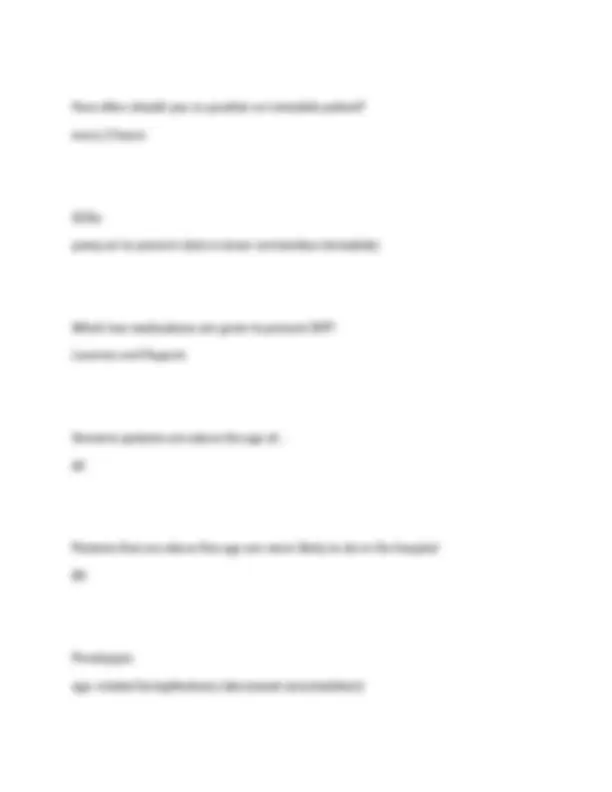
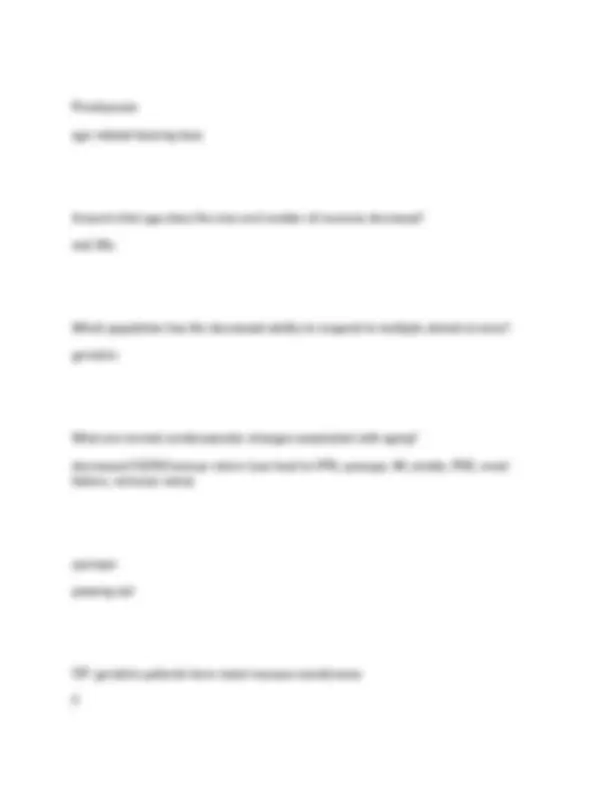
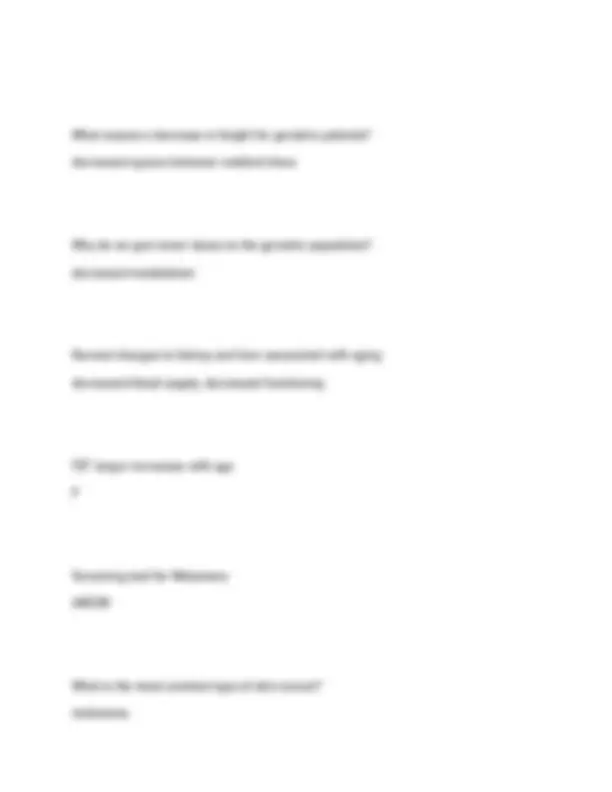
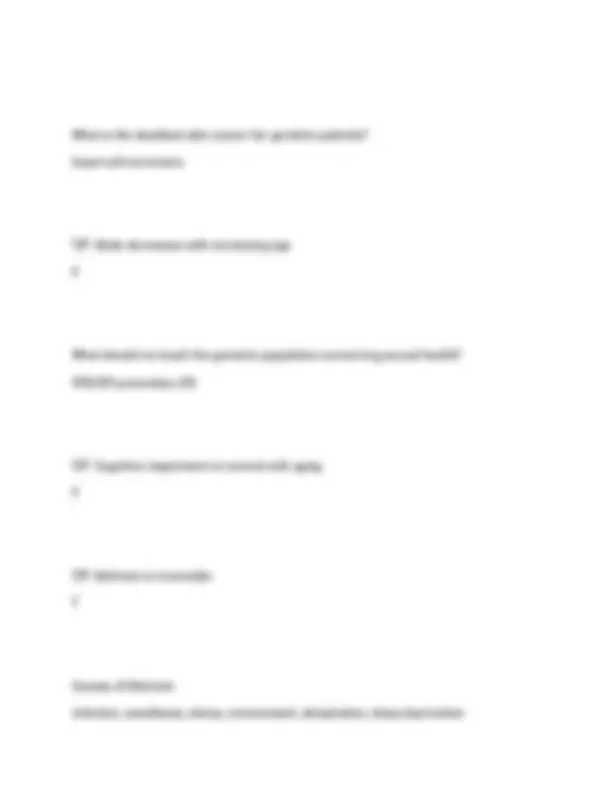
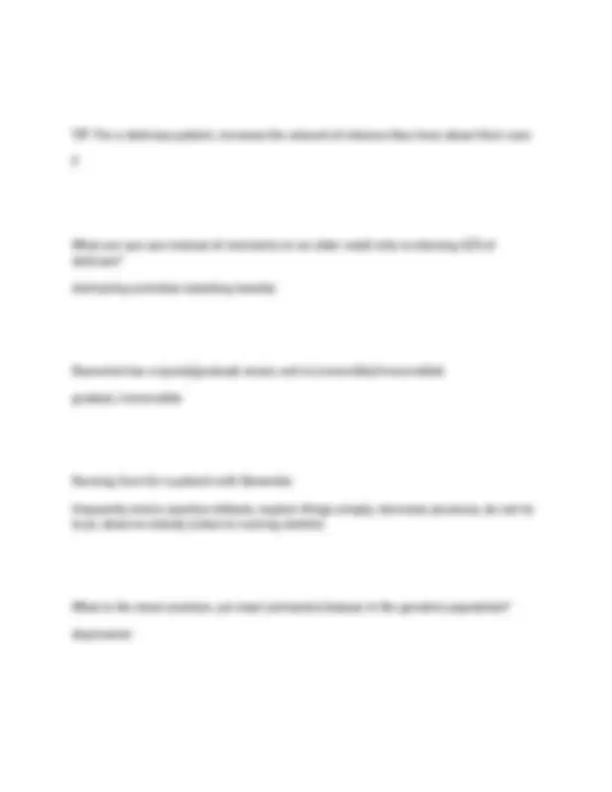
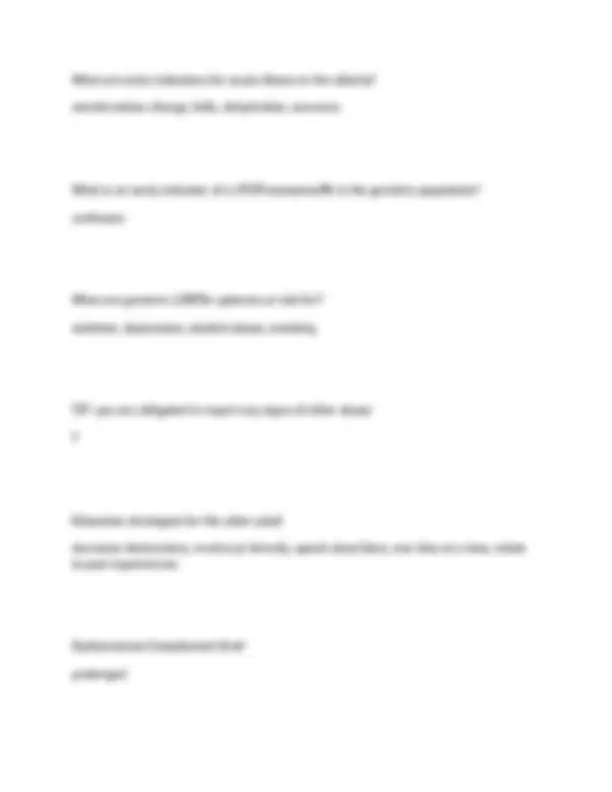
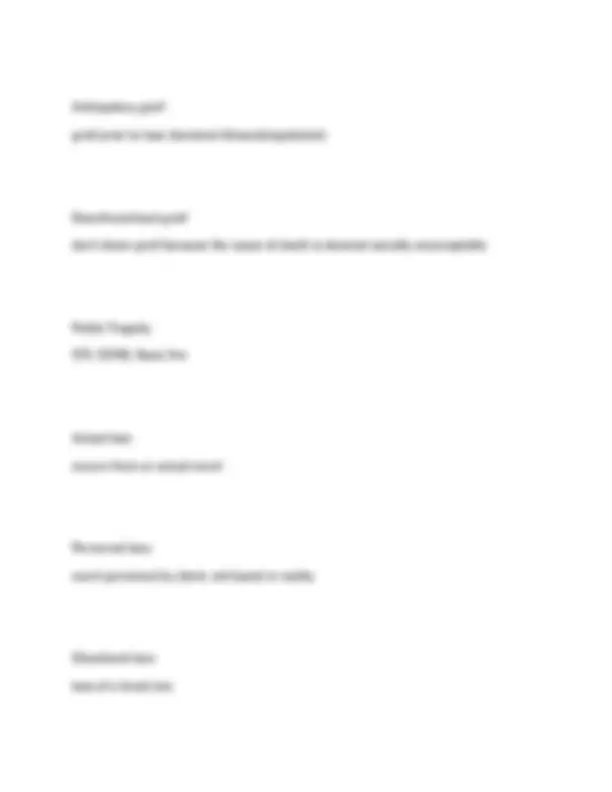
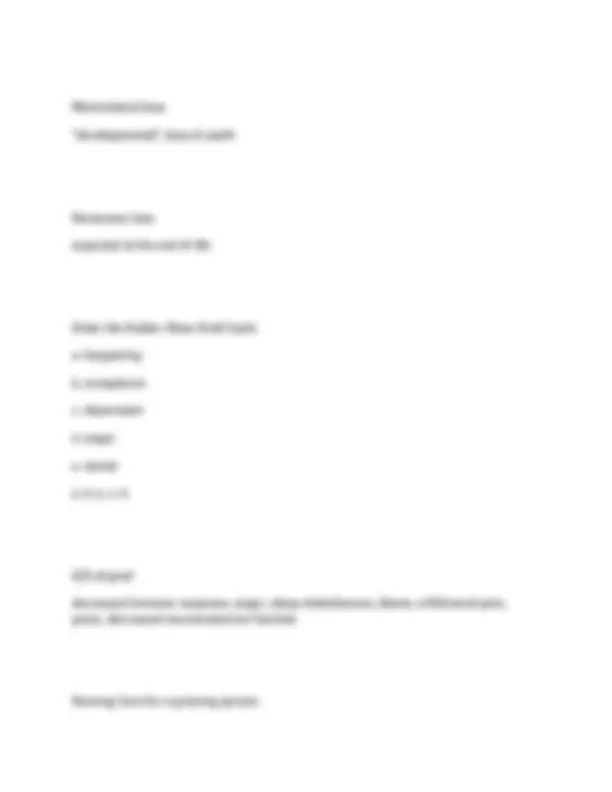
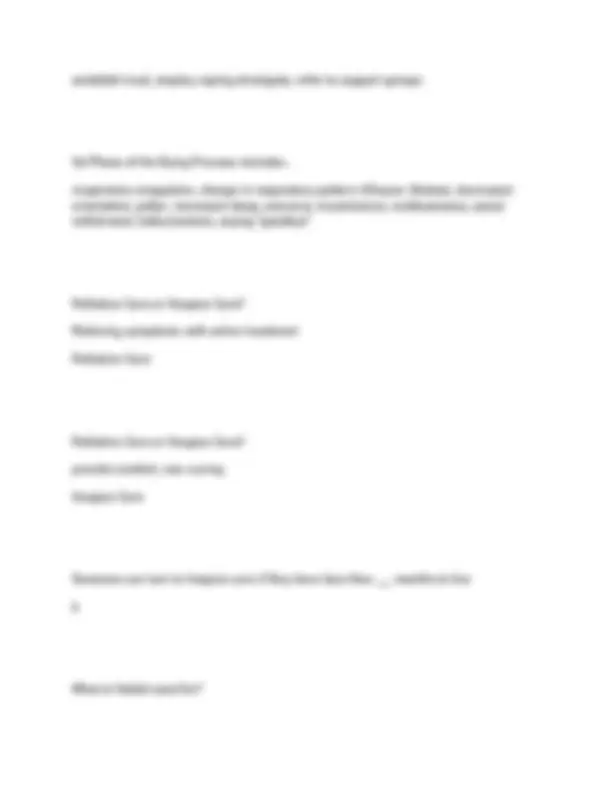
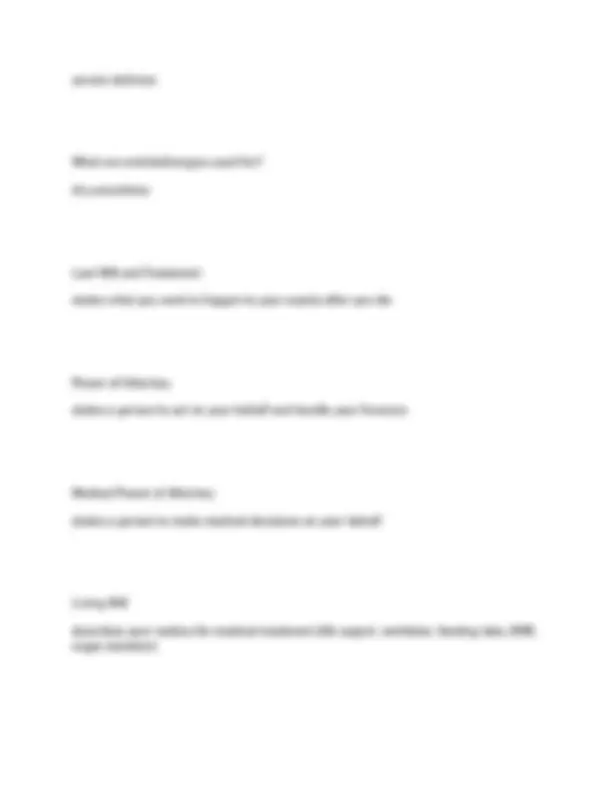
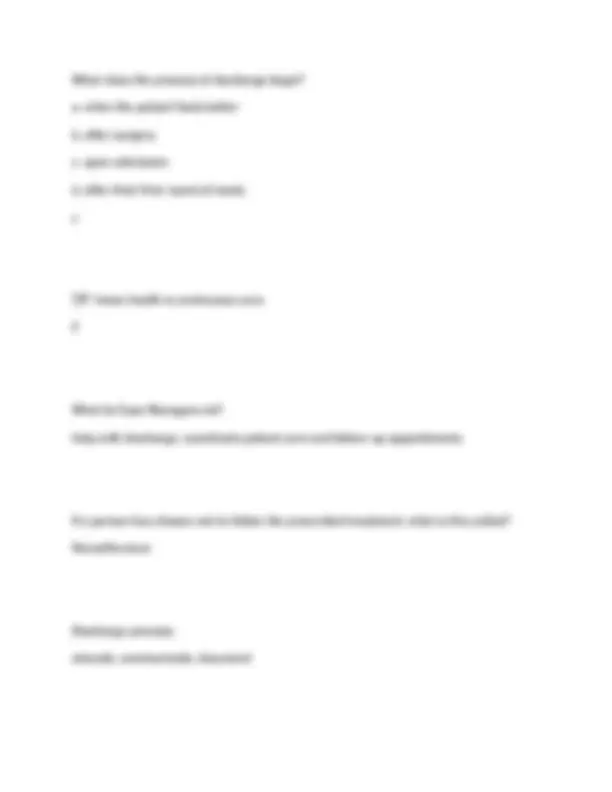
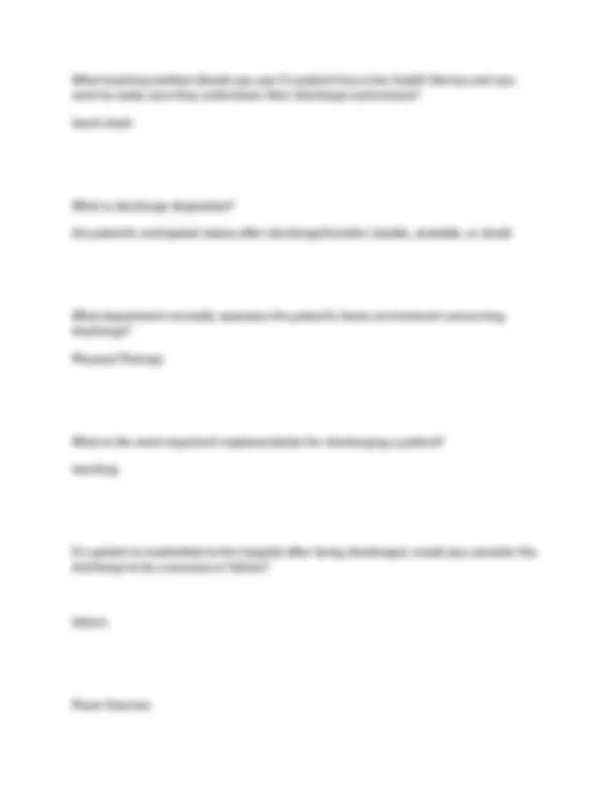
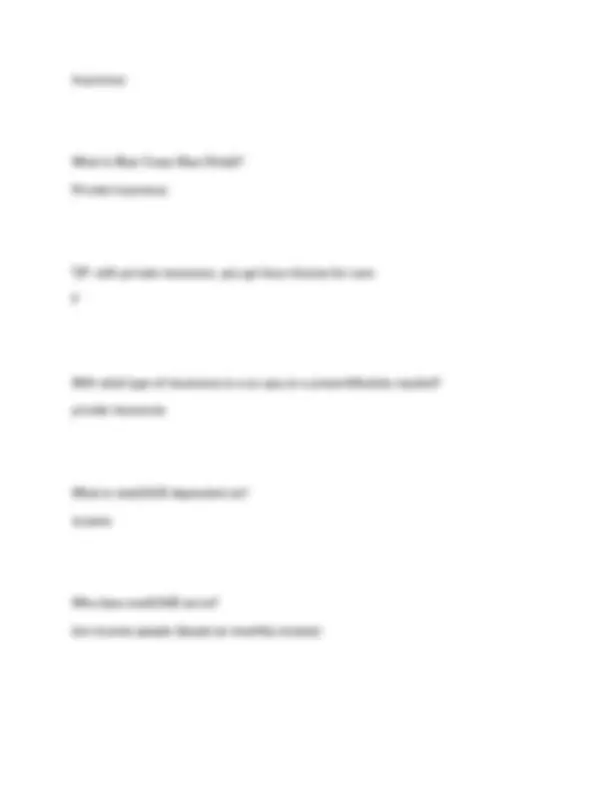
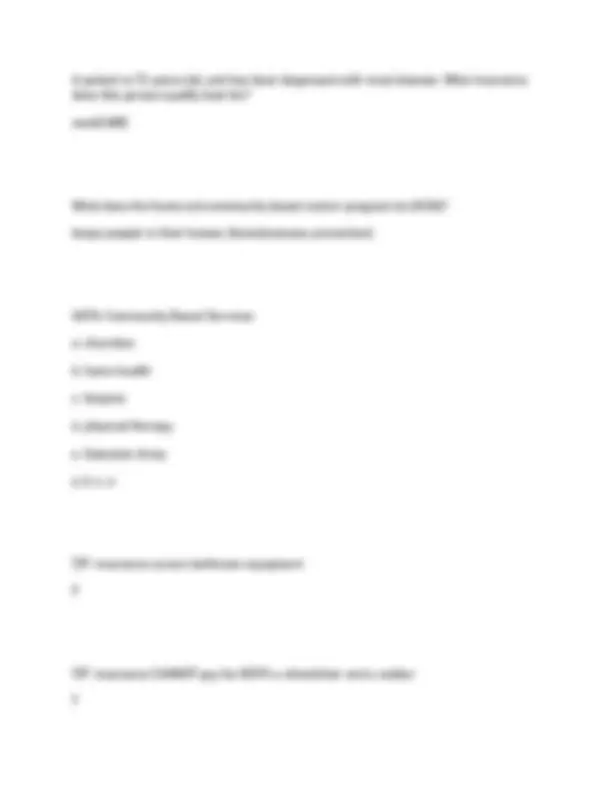


Study with the several resources on Docsity

Earn points by helping other students or get them with a premium plan


Prepare for your exams
Study with the several resources on Docsity

Earn points to download
Earn points by helping other students or get them with a premium plan
Community
Ask the community for help and clear up your study doubts
Discover the best universities in your country according to Docsity users
Free resources
Download our free guides on studying techniques, anxiety management strategies, and thesis advice from Docsity tutors
HONDROS NUR 225 2025/2026 Exam V1 of Professional Nursing Issues Questions with Correct Key Detailed Answers Actual Exam (Score A)
Typology: Exams
1 / 61

This page cannot be seen from the preview
Don't miss anything!






















































What is the process of emptying the bladder? micturition How many mL does the average adult urinate per day? 250 - 450 What is excessive urine production? polyuria What are two AE from polyuria? dehydration, electrolyte imbalance
Which of the following can cause polyuria? SATA a. renal disease b. diuretics c. diabetes d. decreased fluid intake e. sickle cell anemia a, b, c, e What is diminished urine production called? oliguria What is no urine production? anuria What is the feeling of needing to urinate all the time? frequency What is urination at night? nocturia
Subjective data for urinary assessment past health history, medications, surgery, diet, urinary patterns, exercise, sleep, cognitive abilities Upon urinary assessment, you percuss the bladder and there is a DULL sound. Does this tell you there is increased/decreased fluid in the bladder? increased (full) What is hematuria? blood in urine Describe the normal clarity characteristics of urine clear/translucent If urine is cloudy, you can expect these things to show up in the lab. SATA a. RBC b. Protein c. WBC
d. Bacteria e. Mucus f. Pus a, c, d, f If urine has a strong ammonia smell, what does this indicate? infection What measures the kidney's ability to concentrate urine/measures renal function? specific gravity Is the normal pH of urine more acidic, basic, or neutral? acidic (4.6-8.0) Does lemon juice, cranberry juice, and increased protein raise or lower the pH of urine? lowers Does dairy, veggies, and beans raise or lower the pH of urine?
dark If urine pH is >8, what does this indicate? infection If urine pH is <4.6, what does this put the pt at risk for? kidney stones What is a normal specific gravity? 1.010-1. If specific gravity is > 1.025, does this indicate dehydration or overhydration? dehydration If specific gravity is < 1.010, does this indicate dehydration or overhydration? overhydration What is the normal result for Leukocytes in urine?
negative If leukocytes are + in urine, what does this indicate? inflammation What is the normal result for ketones in urine? negative If ketones are + in urine, what does this indicate? type 1 diabetes (kids), strenuous exercise What is the normal result for protein in urine? negative If protein is + in urine, what should you do? test kidney function What is the normal result for bilirubin in urine?
infection of kidneys T/F: When doing a 24-hour urine test, collect the first voided sample F T/F: If your pt misses a urination when doing a 24-hour urine test, you can just guess the past void and move on with the collection. F What does BUN measure? urea What is a normal BUN? 10 - 20 mg/dL What does increased levels of BUN indicate? renal disease and dehydration
What does decreased levels of BUN indicate? overhydration What does Creatinine measure? kidney function What does increased levels of Creatinine indicate? pyelonephritis (kidney dysfunction with UTI) What does decreased levels of Creatinine indicate? decreased muscle mass (rare) What is the normal amount of residual urine? 50 - 100mL Why do we do urine cultures? to find out what bacteria is in the urine and what antibiotics will work
functional What type of incontinence is often associated with a spinal cord injury, and causes incontinence at predictable intervals? reflex What type of incontinence causes the release of urine when coughing, sneezing, or laughing? stress What type of incontinence involves the ongoing unpredictable loss of urine? continuous What type of incontinence has a small time window to void? urge What should nursing care be like for acute incontinence? change sheets/clothes, prevent skin breakdown
T/F: you can give estrogen to post-menopausal women to deal with incontinence T What is polynephritis? kidney infection (UTI) Body's Defenses against a UTI acidic pH of urine, one-way valves, bladder muscles, prostate gland secretions (M), vaginal pH (F) What is the most common bacteria that causes UTI's? E Coli What is "HARD TO VOID"? Causes of UTIs H in "HARD TO VOID" Hormone changes (pregnancy, menopause, birth control)
O in "HARD TO VOID" (2nd) Overextended bladder I in "HARD TO VOID" indwelling catheters, invasive procedures, intercourse D in "HARD TO VOID" (2nd) Decreased immune system What two things are elevated in a simple UTI? leukocytes and nitrites S/s of pyleonephritis are the same as UTI except for... (2) fever, nausea What is CVA tenderness? When is it seen (2)? back pain (karate chop), pyleonephritis and renal calculi
What 4 things are increased with pyleonephritis? leukocytes, nitrites, WBC, RBC What is a warm sitz bath used in treatment for? UTI T/F: you can do a urine culture when a patient is on antibiotics F How should you wipe a patient's perineal area? front to back What are renal calculi? kidney stones T/F: renal calculi can ONLY form in the kidneys F
T/F: a Foley/Retention catheter is used short term T T/F: A Straight/In and Out Catheter can be used multiple times F (one-time use) T/F: A suprapubic catheter is used long-term T Should the urine collection bag be below or above the bladder? below How many times per day should you clean a catheter? What do you use? 2x, soap and water Objective data for urinary assessment inspect skin (breakdown, edema), abdomen (distention), weight gain, palpate for contour/masses/tenderness, percuss bladder, ausculatate for bruit, urine testing, I&O, labs, bladder scan
What are ingestion risks? nausea, vomiting, anorexia, dysphagia, NPO What are digestion risks? IBD, celiac, CF, lactose intolerance What are metabolism risks? liver diseases (increases metabolism), older adults (decreased metabolism) T/F: Nutritional requirements change as you age F Reasons older adults are at risk for nutritional deficits... decreased saliva, decreased taste, decreased thirst, decreased gag reflex, decreased peristalsis, chronic illness, medications, cognitive impairments, fixed income, decreased access to transportation